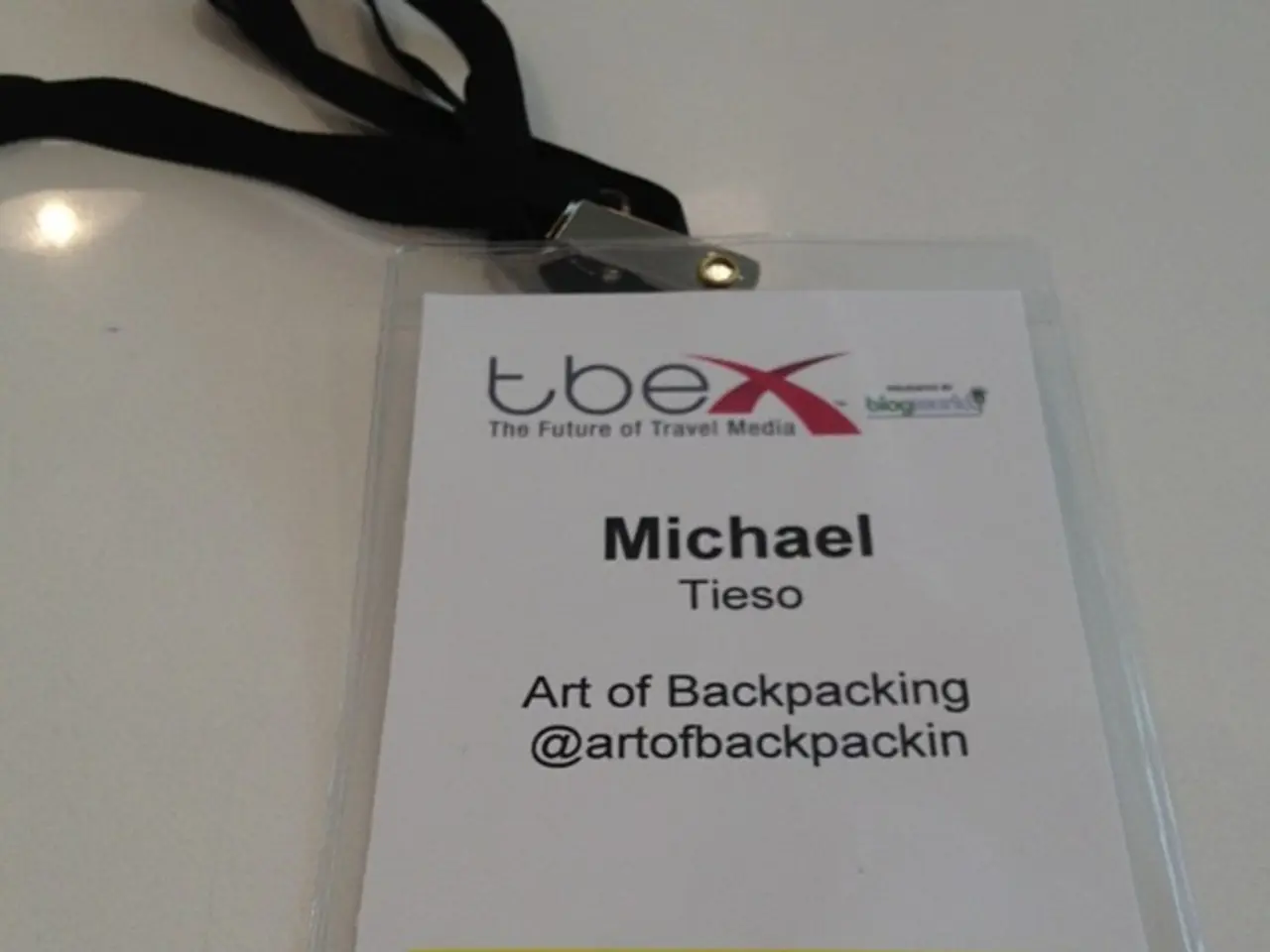Vacation Transforms Individuals into Completely Altered Versions According to Recent Survey
Traveling offers more than just new sights and experiences; it can also lead to a shift in identity as individuals embrace a "travel alter ego." A study reveals that 52% of travelers are more likely to spend freely when on vacation, and this alter ego can have profound psychological effects.
Psychological Factors at Play
The transformation is rooted in psychological factors such as identity exploration, escape from familiar roles, and reconnection with the self outside daily routines. Travel presents a break from the known social roles and environments, enabling individuals to experiment with new behaviors and perspectives away from their usual social context. This can trigger a "travel alter ego" as people venture into unfamiliar cultural settings, reducing attachment to daily identities and fostering self-discovery and tolerance of ambiguity, enhancing openness to new experiences.
The travel alter ego phenomenon shares similarities with the psychological effects experienced by "third culture kids," who develop complex identities through exposure to multiple cultures. For typical travelers, stepping into these unfamiliar cultural settings reduces attachment to daily identities and fosters self-discovery and tolerance of ambiguity, enhancing openness to new experiences.
Duration of the Travel Alter Ego
The duration of this travel alter ego varies, but it often lasts only as long as the travel experience or shortly thereafter. Memory studies show that while mentally revisiting past contexts can rejuvenate certain experiences, this effect diminishes over time as memory reconsolidation proceeds. Practically, the altered self-perception often wanes after returning home, although some people maintain aspects of their travel persona longer if they continue to engage with new cultures or integrate those experiences into their lives.
Impacts of the Travel Alter Ego
The travel alter ego can have a significant impact on travelers, with 43% feeling calmer or more reflective, 44% becoming more spontaneous, and 42% becoming friendlier. Furthermore, 24% of travelers say their travel alter ego helped them re-evaluate their priorities, and 21% say it helped them embrace spontaneity. The alter ego can also lead to new experiences, with 48% of travelers indulging more in food and drink, 49% trying foods they wouldn't normally, and 45% trying activities they wouldn't usually.
White Lies and Confidence
Interestingly, 44% of travelers admit to telling a white lie while on vacation. Gen Z and Millennials lead the way with 60% of them admitting to telling a white lie. The most common white lies told by travelers are about things they've done in the past (33%), their age (29%), where they're from (29%), their job (29%), and their name (26%). However, the travel alter ego can also boost confidence, with 40% of travelers reporting feeling more confident.
The Fading of the Travel Alter Ego
Work responsibilities, routine/structure, financial constraints, family dynamics, and social expectations are reasons why travel alter egos can't stick around for long. Just 3% of travelers say their alter ego lasts longer than a month, and 63% say it fades within a day of returning. However, 22% of travelers say their alter ego lasts up to a week, and 21% say it helped them make new lifelong friends.
In conclusion, traveling can lead to a transformative experience as individuals embrace a "travel alter ego." This alter ego can have profound psychological effects, fostering self-discovery, openness to new experiences, and a sense of freedom or transformation. However, the altered self-perception often wanes after returning home, although some people maintain aspects of their travel persona longer if they continue to engage with new cultures or integrate those experiences into their lives.
- Embracing the travel alter ego often results in increased spending during vacations, as individuals become more likely to indulge in food, drink, and activities they wouldn't normally try.
- The travel alter ego can prompt a shift in lifestyle, with many travelers reporting feelings of calmness, increased openness, and embracing spontaneity post-travel, while some continue to maintain aspects of their travel persona by engaging with new cultures or integrating travel experiences into their lives.




